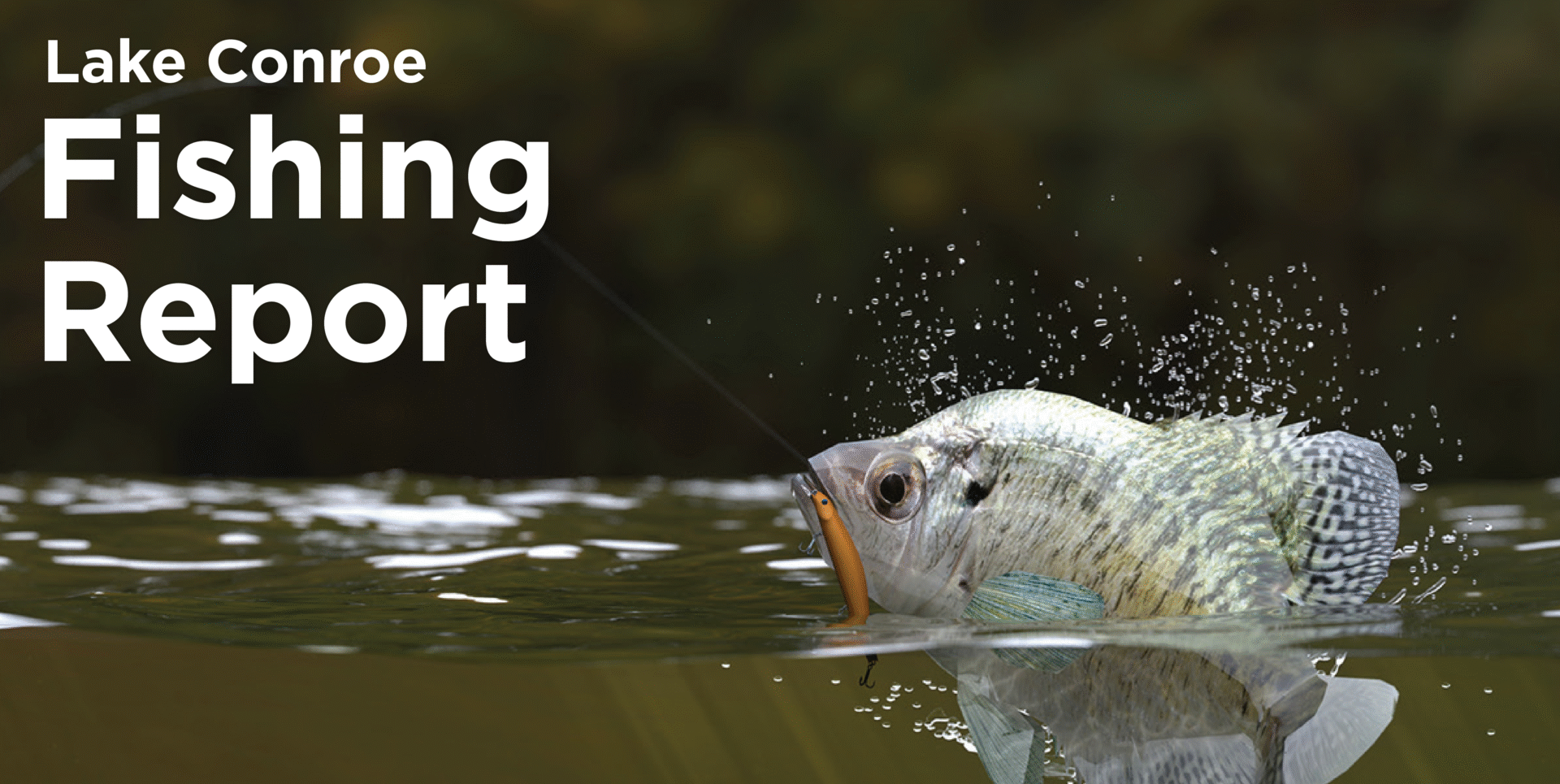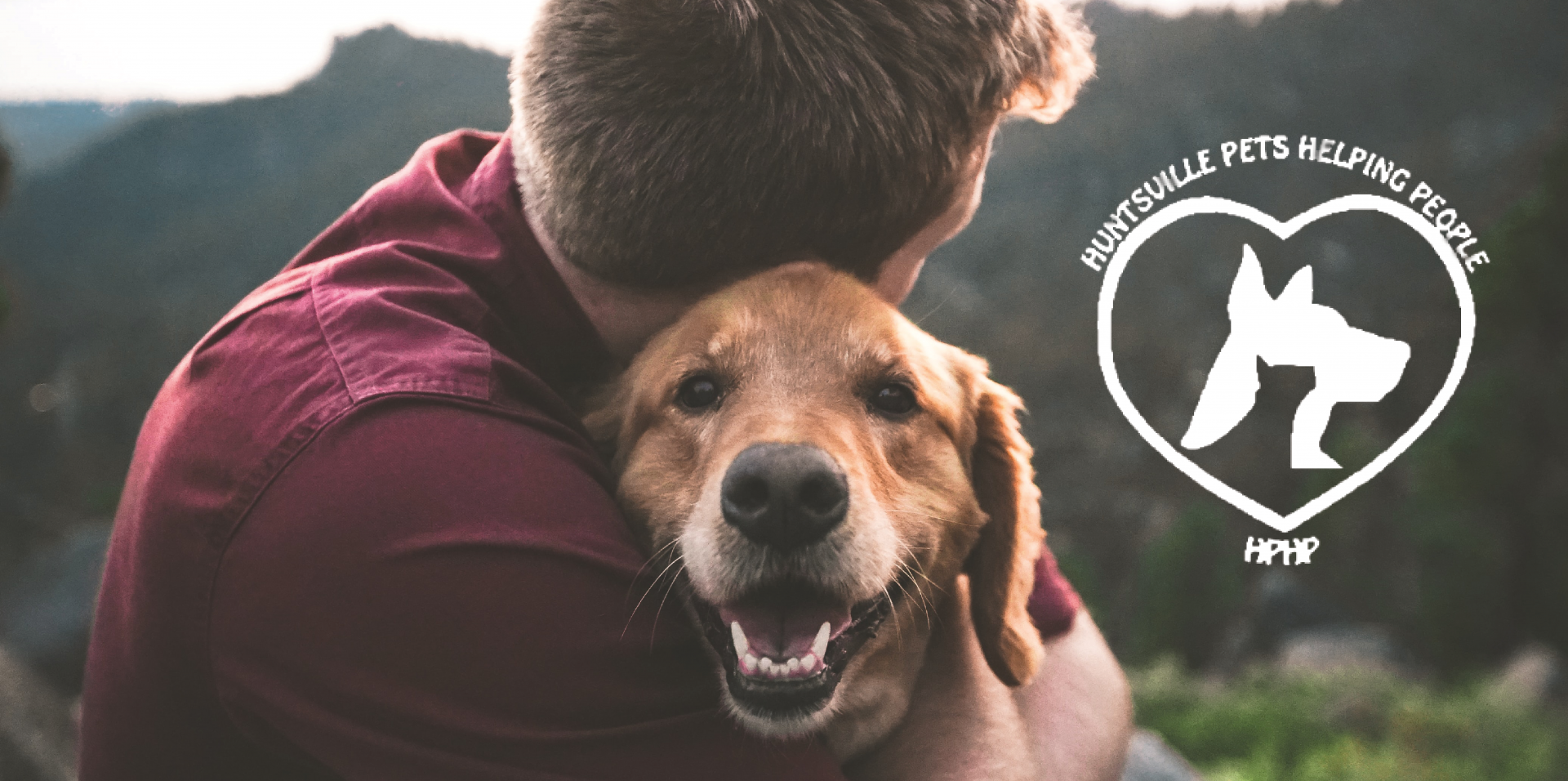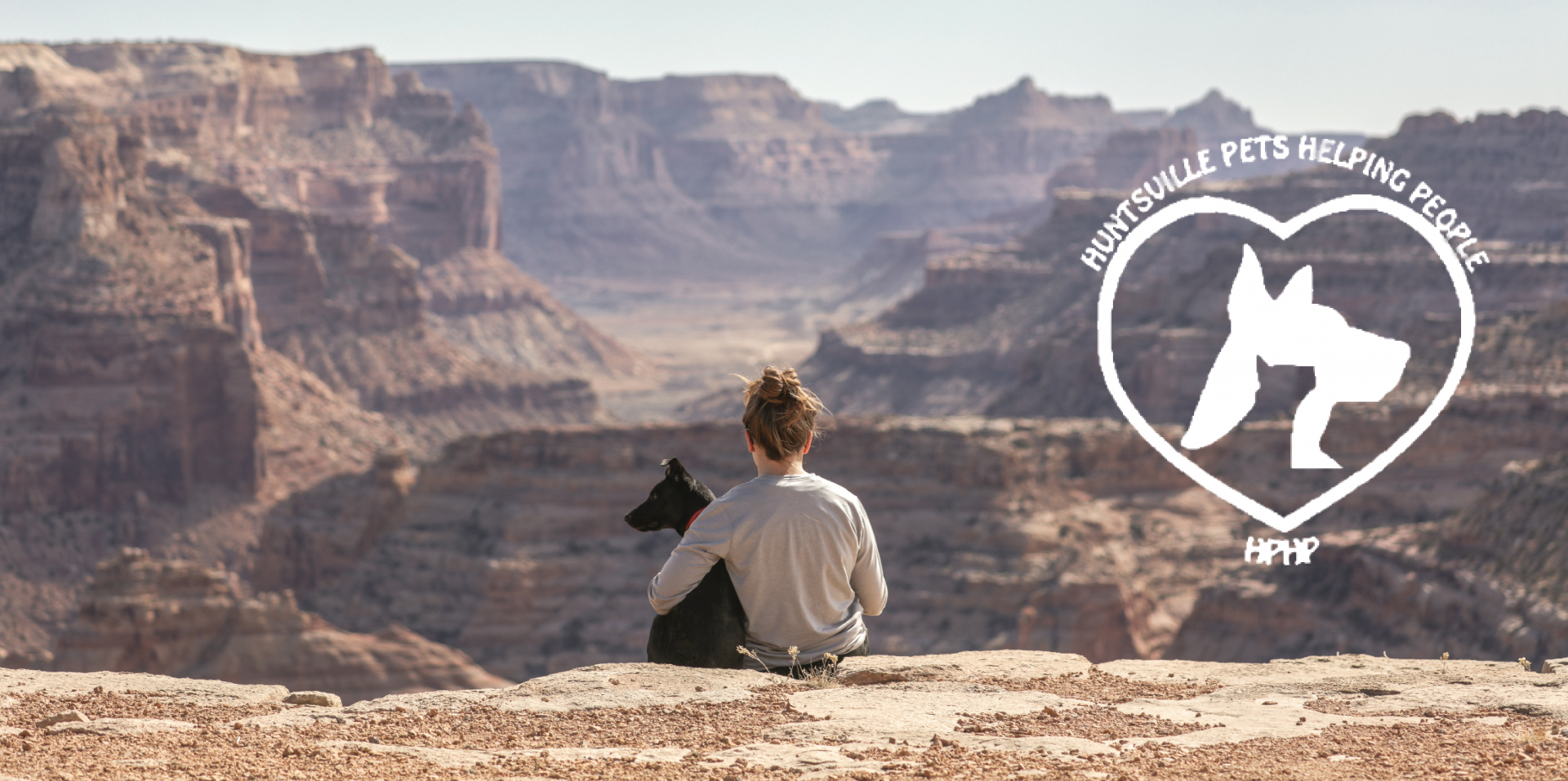If you are lucky enough to have a four-legged legal Beagle in the family, he or she can keep you informed about pet ownership laws. However, if your Beagle is not a legal scholar, there are several topics you may want to consider. The vast majority of laws and regulations related to pets are locally enacted by towns, cities, counties. Laws are listed in municipal codes. If the codes are not available online, a copy should be available for public review at city hall, the court house, or at the local public library.
One of the first regulations that dog and cat owners encounter is the requirement for a rabies vaccination. In Texas, they are mandatory when the animal reaches four to six months old. Some locations allow use of a vaccination that is good for three-years while other entities require an annual injection. Check with your veterinarian to determine which inoculation version is required for your specific area.
Another common law requires pets to be licensed. Generally, a license is good for one year. The pet is issued a tag that must be worn on their collar. Some municipalities will reduce the license fee if the pet is spayed or neutered or owned by a senior. Failure to obtain a pet license most likely will result in fine for the owner. If an unlicensed pet is found by animal control, the pet may be euthanized.
Leash laws are another common law encountered by pet owners. Most leash laws require that dogs are leashed and under the owner’s control anytime they are off the owner’s property. If the dog is not leashed, the owner may be fined.
Many cities have enacted a pooper scooper law. The law requires the dog owner or dog walker to pick up any waste that their dog leaves anywhere except on the owner’s property. The other part of the law requires that the waste be disposed of in a sanitary manner. Therefore, carrying poop bags is a necessity every time a dog is taken for a walk. Dog owners should be responsible pet owners and good neighbors and clean up after their dogs even if the community does not have a pooper scooper law.
Dog bite statutes are another common occurrence in cities and towns. The laws place liability for injuries on the dog owner as long as the injured person did not provoke the dog. Provocation may include such things as teasing the dog, throwing things at the animal, or harassing a dog in their fenced yard. The dog owner may be held responsible for the injured person’s medical bills and time off from work for medical treatment and recovery time. For a first offense, the home owner’s or renter’s insurance policy may pay the costs. If the dog bites a second time, they may be declared a dangerous dog. Then, the city may require the owner to carry a higher dollar insurance policy, muzzle the dog in public, re-home the dog, or euthanize the animal.
Barking dogs are a real problem in an urban environment. All dogs bark at one time or another but there is a difference between the occasional barker and the animal that barks repeatedly for a long period of time or barks very early in the morning or very late at night. Barking dogs are a nuisance for neighbors. Owners must keep dog barking to a minimum. Otherwise, they may be visited by Animal Control or the Police and be fined for not complying with noise regulations.
Over time, the status of pets in most families have changed from an animal kept in the backyard to valued family member. But the legal view of pets has remained the same. Pets are property with the same status as old furniture. Legally speaking, there has been little concern that animals are living breathing beings. It is time for that view to change and recently there is a glimmer of hope that change is on the horizon.
In a perfect world, people would meet, marry, and live happily ever after. In the real world, life is messy and couples get divorced. Then, what happens to the pets? If one person owned the pet prior to the marriage, they retain pet ownership upon divorce. If the pet joined the family after marriage, ownership is generally awarded to the person who paid for the pet, handles the pet’s daily care, and covers the medical costs of pet ownership. When children are involved, especially if they have a strong emotional attachment to the pets, the court may award custody of the pets to the parent who has custody of the children. Still, pets are treated as property.
There is a newer legal view in which pets are seen as more than property. There is some recognition of the strong emotional connection between owners and their pets. Many people now see pets as their “children”. Divorce and child custody is handled in Family Courts. Judges in Alaska (2017), California (2018), Illinois (2018), and New Hampshire (2019) are allowed to consider the best interest of the animals in deciding pet custody.
Ideally, the divorcing couple would decide how to handle pet custody without court intervention. While facing a divorce, emotions run high so that may not be possible. Therefore, pet ownership should be discussed prior to marriage. Many couples draw up a prenuptial agreement (prenup) for division of assets and other issues in the event of divorce. A Pup Nup could be created to handle future pet concerns. While courts may recognize a Pup Nup, currently they do not enforce them. Now is time for legislative bodies to update our legal system, through legislation, to retire the outmoded view of pets as property and to require courts to consider the best interests of pets in future family court legal actions.





